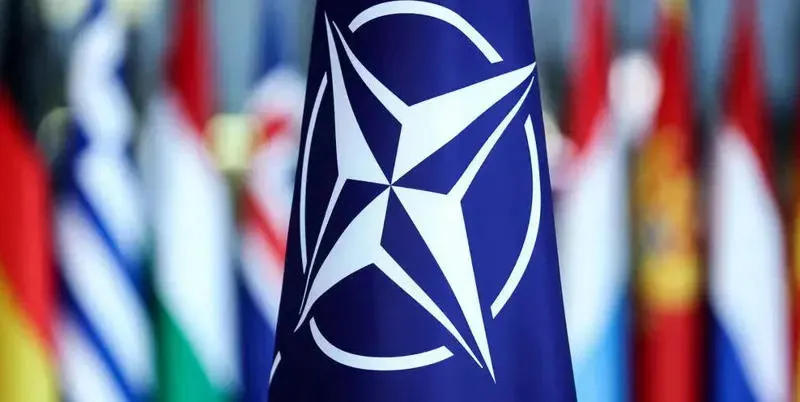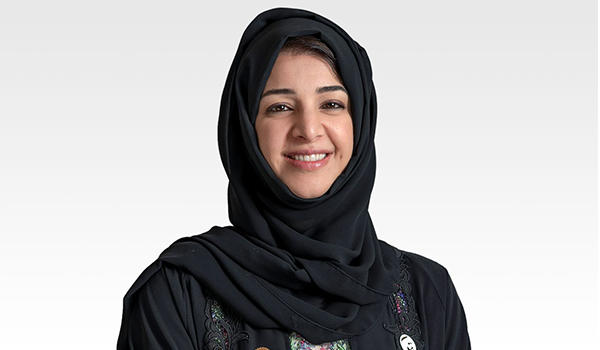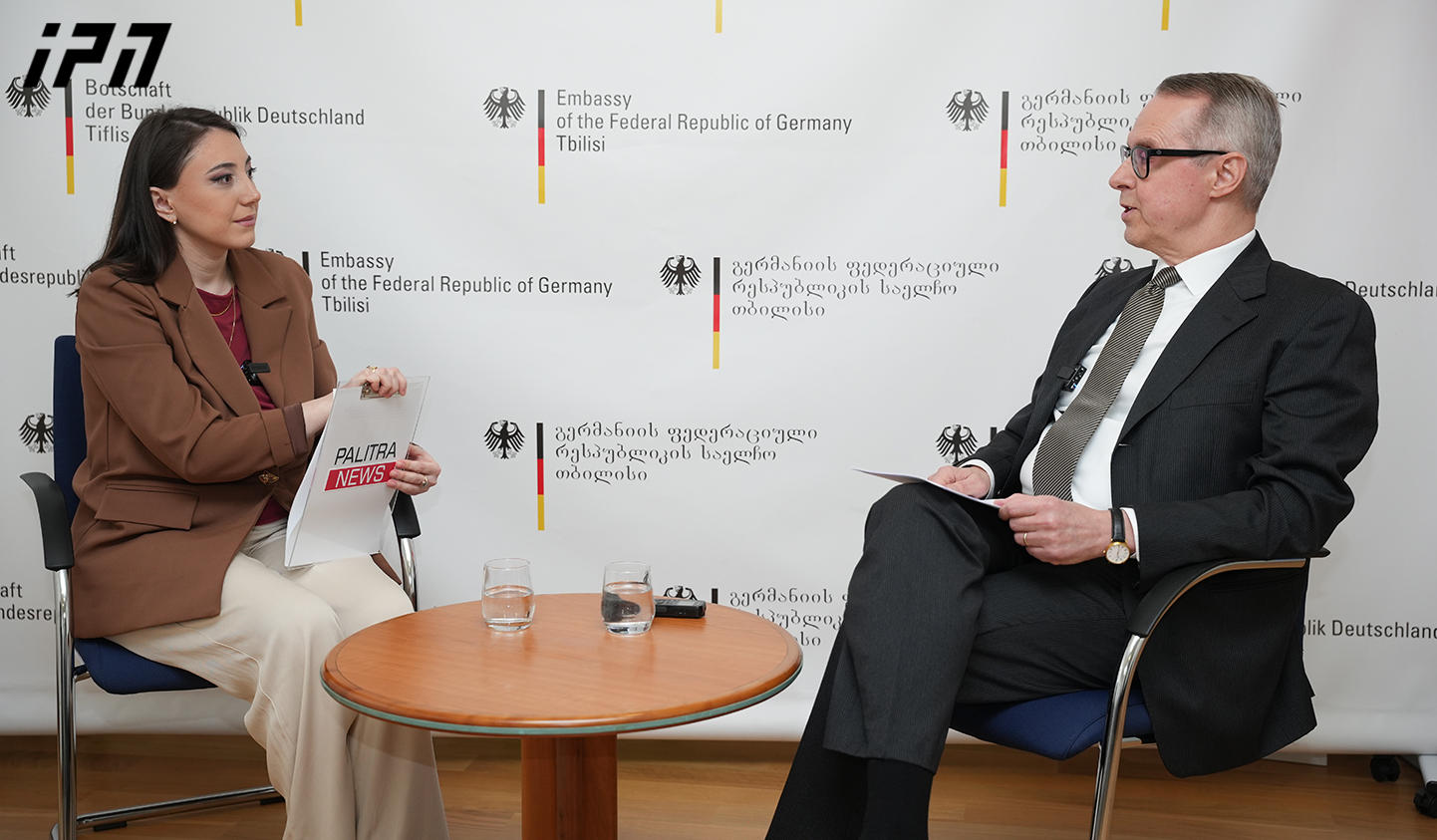NATO explains why there is no mention of Georgia and Ukraine's membership in the Alliance in the Secretary General’s annual report

NATO explains why there is no mention of Georgia and Ukraine’s membership in the organization in the 2024 Secretary General’s annual report.
NATO’s official responded to a question from "Interpressnews" on this matter. According to the NATO representative, the new Secretary General of NATO, Mark Rutte, wanted the 2024 report to be more concise and focused on key issues. Therefore, “this does not imply any change in NATO’s policy or the status of any of NATO’s partners.”
"Since 2011, the annual report of NATO’s Secretary General has significantly evolved. In his first annual report, Secretary General Rutte decided to make it a more accessible, concise, and focused document, reflecting NATO's focus on addressing the challenges of the current security environment. As a result, the 2024 report does not include many topics and details. This does not imply any change in NATO’s policy or the status of any of NATO’s partners,” he stated.
Additionally, the NATO official commented on the situation in Georgia, noting that "NATO member countries are concerned about changes in Georgia's foreign political trajectory and recent developments in the country." According to him, five of NATO’s 17 initiatives with Georgia are "currently suspended, and NATO calls on Georgia to continue its domestic reforms and uphold democratic values."
"Georgia is one of NATO's closest partners and seeks membership in the Alliance. For progress on its Euro-Atlantic aspirations, Georgia must prioritize progress on reforms, including strengthening democratic and rule-of-law reforms. NATO Allies are significantly concerned about Georgia’s trajectory, especially after the passing of laws on foreign influence, family values, and increasing polarization before, during, and after the 2024 parliamentary elections. They are also concerned about actions taken against peaceful protesters.
In light of recent developments in Georgia, NATO has made certain changes to the NATO-Georgia Substantial Package (SNGP) initiatives. Out of 17 initiatives, five are currently suspended and will not be renewed until further notice (strategic communications, cybersecurity, crisis management, chemical-biological, radiological, and training facilities). Of the remaining 12 initiatives, two will continue with certain adaptations (intelligence sharing and secure communications, and military police), while 10 will continue unchanged (NATO-Georgia Training and Evaluation Center, Defense Institution Building School, Air Defense, Aviation, Military Engineering, Military Medical Capabilities, Maritime Security, Special Operations Forces, Standardization and Codification, and English Language Capabilities). Three initiatives have been successfully concluded: Strategic and Operational Planning (closed in 2017); Logistics (closed in 2020); and Procurement (closed in 2023).
We urge Georgia to continue its domestic reforms and uphold democratic values. The Georgian people have clearly stated that they want a democratic, prosperous future within the European and Euro-Atlantic family.
NATO continues to fully support Georgia’s territorial integrity and sovereignty within its internationally recognized borders. NATO also calls on Russia to revoke its recognition of Abkhazia and South Ossetia as independent states, to implement the ceasefire agreement reached in 2008 with EU mediation, to end the militarization of these regions, and to stop attempts to isolate them from the rest of Georgia through the construction of border-like barriers; and to stop human rights violations, arbitrary detentions, and harassment of Georgian citizens. Every sovereign nation, including Georgia, has the right to choose its own security mechanisms, and Russia has no right to dictate that choice.
NATO also firmly supports Georgia’s reforms and the process of defense transformation, which aims to further develop modern, well-trained, and well-educated defense forces capable of ensuring the country’s security and contributing to international peace and stability,” the NATO official said in response to "Interpressnews."
For reference, NATO’s Secretary General Mark Rutte published the 2024 annual report on April 24, which describes the organization’s key achievements and priorities over the past year. Regarding Georgia, the report is limited to describing practical cooperation over the past year, but it omits the political aspects of integration, such as the 2008 Bucharest summit’s commitment to Georgia’s eventual membership or its status as a NATO aspirant. The document also no longer mentions Ukraine or its future NATO membership.

